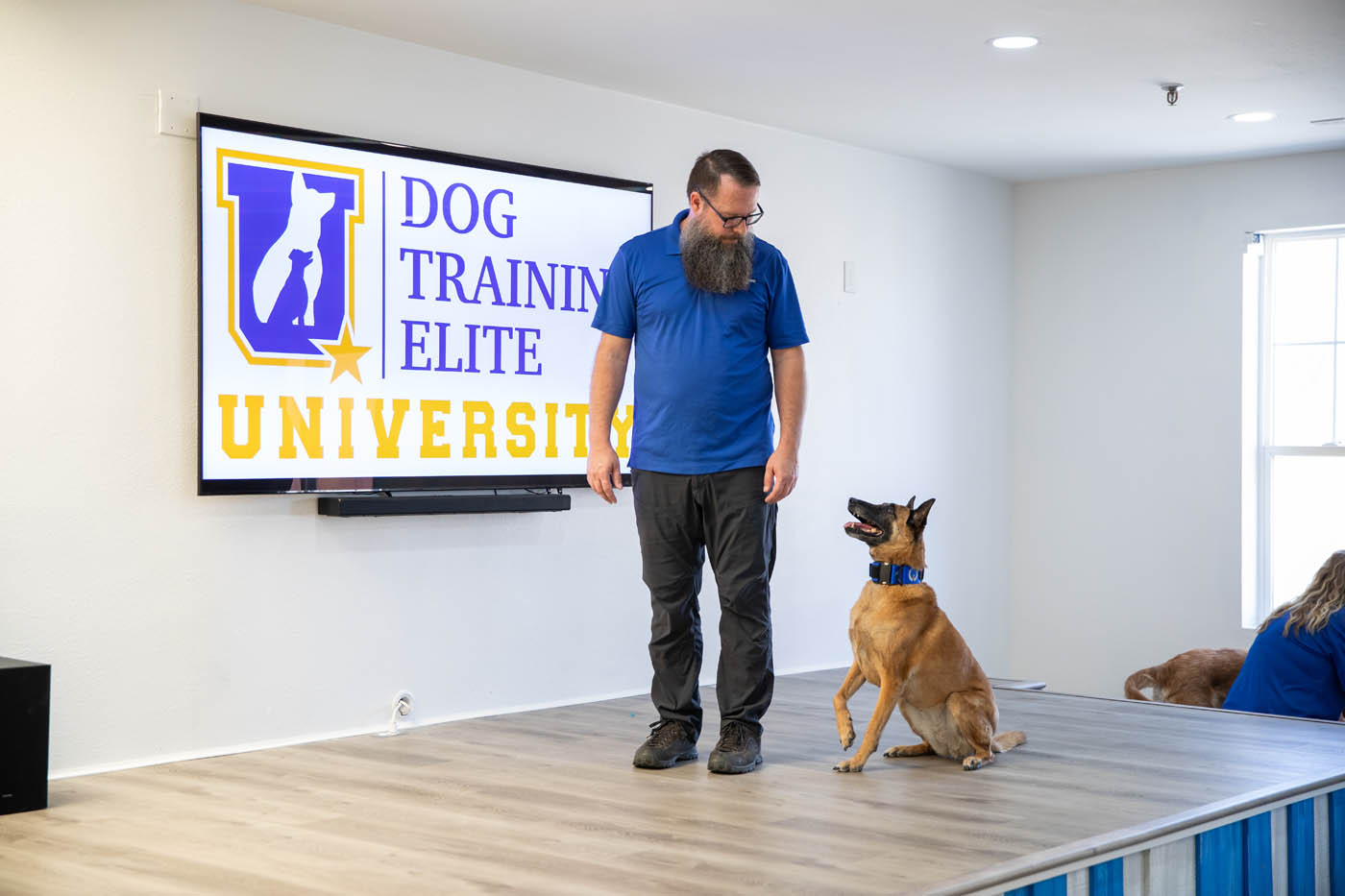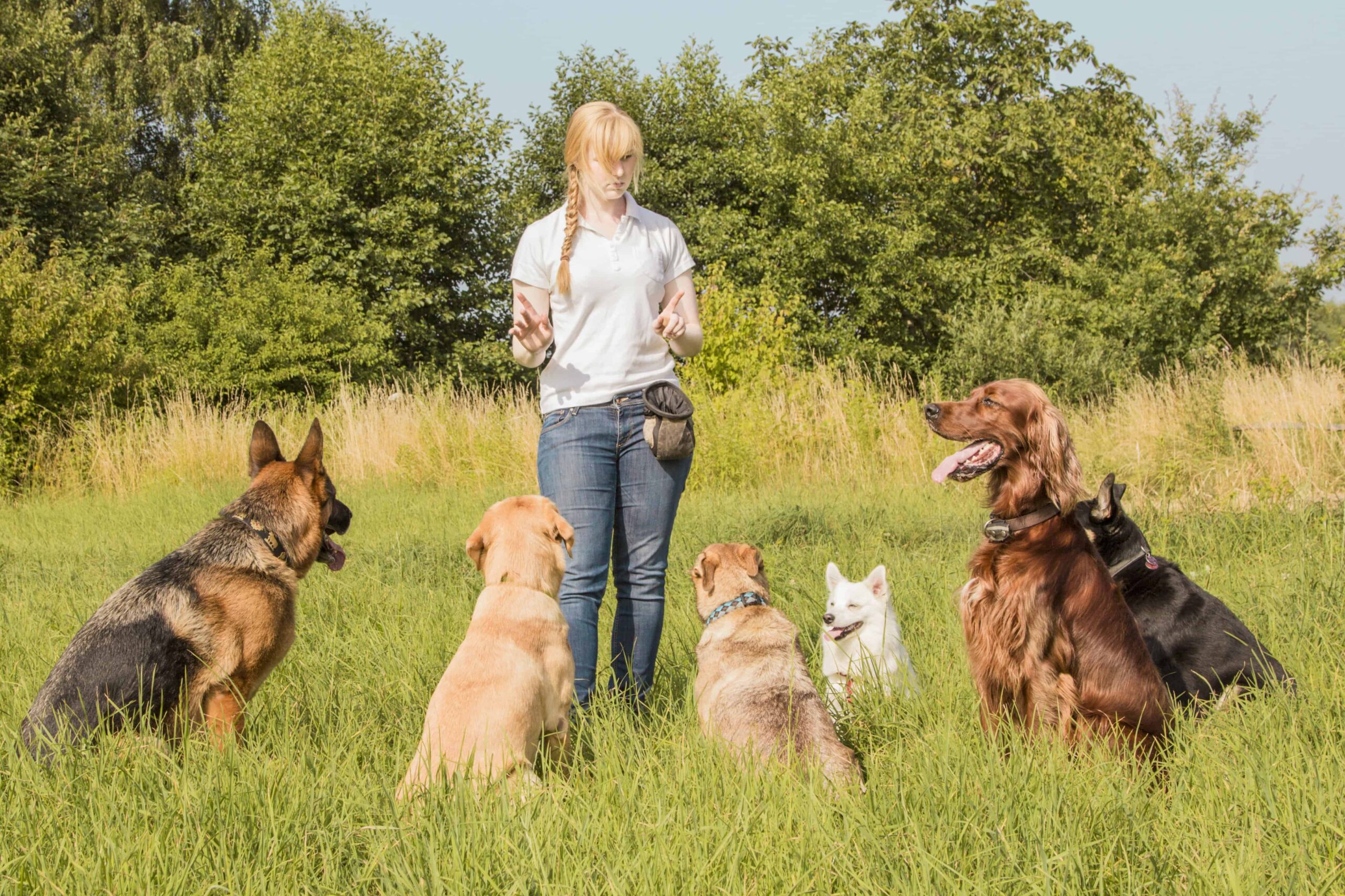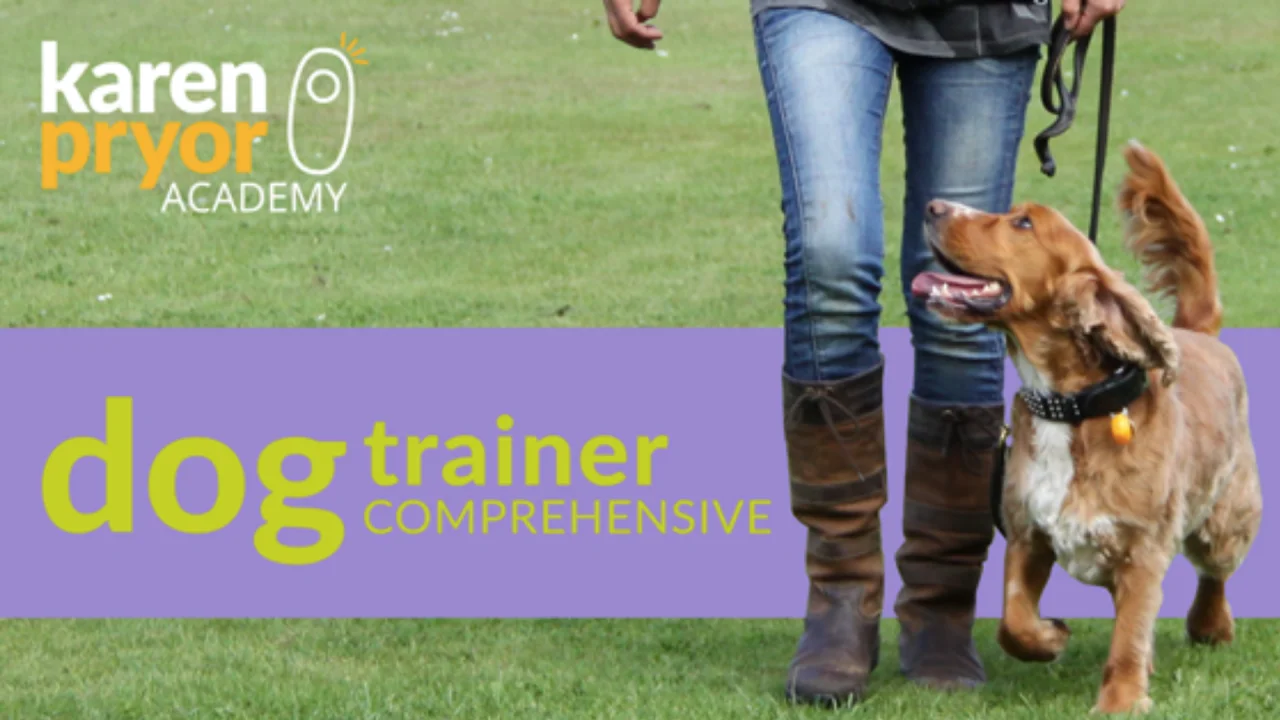Raise Your Skills with Local Dog Training Charlotte Programs
Raise Your Skills with Local Dog Training Charlotte Programs
Blog Article
Unlock Your Pet's Prospective: Proven Pet Dog Training Methods for Success
Efficient pet training is a nuanced process that hinges on recognizing canine habits and utilizing medically backed methods. By integrating favorable support, developing clear commands, and focusing on socializing, dog owners can cultivate a productive connection with their animals.
Comprehending Pet Actions
Recognizing pet habits is vital for efficient training and fostering a positive partnership in between canines and their proprietors. A comprehensive grasp of canine body movement, articulations, and social communications is crucial for acknowledging their needs and feelings. Pet dogs connect largely via non-verbal signs; for instance, a wagging tail may indicate exhilaration, while pinned ears can indicate anxiety or entry.

In addition, ecological factors play a considerable function fit a pet's actions. Modifications in routine, new environments, or the presence of strange individuals can result in anxiety or anxiousness in pet dogs. Acknowledging these triggers allows proprietors to reduce adverse reactions and create ideal training strategies.
Inevitably, a deep understanding of canine behavior lays the structure for successful training approaches, improving both habits and the total bond between the pet dog and its owner. dog training charlotte nc. This knowledge is essential for promoting a well-adjusted, happy canine friend
Positive Support Methods
Efficient training counts heavily on positive support methods, which have been revealed to produce considerable lead to shaping preferred behaviors in pet dogs. This strategy entails compensating a canine for showing particular behaviors, therefore raising the chance that these habits will certainly be repeated. Benefits can take various kinds, including deals with, appreciation, playthings, or play, depending upon what motivates the private pet dog.

It is vital to slowly terminate benefits as the pet discovers the actions, transitioning to intermittent support. This method keeps the actions with time while preventing dependency on consistent benefits. By concentrating on positive reinforcement, trainers can grow a trusting partnership with their canines, advertising a cooperative and healthy training environment that enhances total obedience and efficiency.
Establishing Constant Commands
A basic aspect of successful dog training is the establishment of consistent commands. Consistency in commands is crucial for effective interaction between the trainer and the dog. When commands are consistent, pet dogs discover to associate certain words with preferred habits, which speeds up the training process and enhances understanding.
To develop constant commands, it is necessary that all relative make use of the very same terms and motions. If one individual utilizes "rest" while an additional next page says "rest down," it can develop confusion for the pet. Select clear, distinct words for commands and guarantee everybody entailed in the dog's training follows these selections.
Additionally, repetition is essential. Strengthen commands with regular technique, ensuring that the pet obtains adequate possibilities to respond properly. When a pet successfully complies with a command, immediate favorable support should comply with. This can be in the type of treats, appreciation, or playtime, solidifying the link between the command and the action.
Finally, hold your horses. Developing Bonuses regular commands takes time and effort. With dedication and clarity, you will certainly assist your pet establish a solid understanding of expectations, eventually resulting in a well-behaved buddy.
Socializing and Direct Exposure
Mingling a canine is vital for fostering a well-adjusted and confident companion. This process entails subjecting your dog to a range of environments, individuals, and other animals to develop their social abilities and flexibility. Early socializing, preferably between the ages of 3 to fourteen weeks, is essential, as it prepares for a pet's future behavior.
Throughout socializing, purpose to supply favorable experiences in different setups, such as parks, busy roads, and homes with other family pets. Introduce your canine to different stimulations, including audios, sights, and smells, ensuring that each experience is fulfilling. This exposure aids reduce worry and anxiousness, leading the way for an extra resilient pet dog.
Engaging in controlled team play sessions with various other pets can also boost social abilities, showing your family pet ideal communications and boundaries. Constantly check your pet's comfort level throughout these experiences, slowly boosting exposure as their self-confidence grows. Remember, the goal is to develop an all-round family pet that flourishes in varied circumstances, advertising an unified connection with both human beings and other pets. Prioritizing socialization will dramatically contribute to your dog's total joy and behavior throughout their life.
Conquering Common Educating Challenges

Another regular concern is distraction. Pet dogs might battle to concentrate in hectic or strange setups. Progressively desensitize your dog to diversions by beginning training in a quiet setting and gradually presenting even more stimuli as they become skilled (dog training charlotte). Positive support techniques, such as treats and appreciation, can keep motivation and focus.
Furthermore, behavioral problems like jumping or extreme barking can end up being aggravating. Address these by showing different behaviors, such as sitting smoothly when greeting visitors. Uniformity and patience are essential; strengthen desired actions constantly and stay clear of scolding, which can lead to confusion.
Lastly, recognize that each pet dog is distinct, and training timelines may vary. Dressmaker your method to your dog's specific demands, and look for specialist assistance if required. With perseverance and the right methods, conquering these difficulties can bring about a well-trained, delighted canine friend.
Verdict
To conclude, opening a dog's prospective requires a thorough method that includes an understanding of canine behavior, the application of positive reinforcement methods, and the facility of constant commands. Early socializing and exposure to varied atmospheres further enhance a dog's flexibility and self-confidence. By addressing usual training obstacles with tailored methods and patience, a participating and unified connection between pet dog and trainer can be cultivated, inevitably resulting in a mannerly companion efficient in thriving in different circumstances.
Efficient pet dog training is a nuanced procedure that hinges on comprehending canine behavior and employing scientifically backed techniques.Recognizing canine behavior is necessary for effective training and fostering a positive partnership between pet dogs and their owners.Efficient training relies heavily on favorable reinforcement techniques, which have actually been revealed to yield substantial results in forming preferred habits in pet dogs. When commands are uniform, pet dogs discover to link certain words with wanted habits, which speeds up the training process and enhances understanding.
In conclusion, opening a dog's possible necessitates a detailed strategy that integrates an understanding of canine habits, the application of favorable reinforcement methods, and the establishment of consistent commands.
Report this page